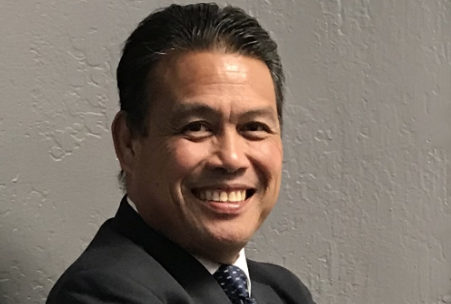People of color should benefit from California cannabis boom
By Julian Canete
For decades, people of color have been arrested, convicted and incarcerated for cannabis “crimes” at nearly four times the rate of whites, despite comparable cannabis use.
Now that California has legalized adult-use cannabis, those that have been disproportionately harmed by the failed “war on drugs” should have an opportunity to participate in the economic opportunities that the industry provides.
But are policymakers doing everything they can to realize that goal in their cities and towns? And are our communities seeing any progress?
The passage of Proposition 64 in 2016 was a beacon of hope for many. As a result, the state developed policies to both expunge criminal records for many cannabis-related crimes, as well as restore employment, education, housing and economic opportunities for thousands of people. The state also recognized its role—overpolicing in minority communities, for example—in creating such a disparity.
We know the cannabis industry is a driver of tax revenue, job creation, entrepreneurship opportunities and economic development. Those of us focused on these issues (the members of most Chambers of Commerce) had hoped that adult-use cannabis legalization would also provide unique opportunities for advancing social justice, social equity and community reinvestment.
Some cities and the state have begun issuing equity-based cannabis business licenses, but roll-out is sparse.
Even in Sacramento, where the city has rightfully launched a social equity program, it falls short on the licensing side. The program gives discounted licenses, but does not set aside any licenses specifically for these applicants. So the city of Sacramento remains a barrier to social equity applicants, rather than a foot in the door. The city has an obligation to ensure a level playing field, and superficial programs that do nothing to increase retail licenses will never lead to social equity in the industry.

Many minority-owned cannabis businesses are still struggling to get retail licenses across the state. More than 80% of the cannabis industry is still dominated by white business owners. Nationwide, less than 6% identify as Hispanic/Latino, and even fewer (somewhere between 1% and 5%) are African American.
The lack of available licenses forces many entrepreneurs of color to operate in the illicit market. In a recent article, the state’s Bureau of Cannabis Control acknowledged that not all unlicensed dispensaries are bad actors. Some want to enter the legal market, but the barriers are too high. According to the BCC, these businesses “are paying their taxes and are trying to do things right, they just don’t have the ability to get a license.”
It’s true.
The majority of unlicensed business want to operate out of the shadows. Many actually signed leases, bought store equipment and other business necessities with the understanding that they would be able to obtain licenses—only to be met with closed doors from NIMBY politicians.
California has only issued about 10% of the licenses it estimated at this point in the legalization. And too few have gone to entrepreneurs of color.
The most effective way to combat unlicensed cannabis businesses in California, to promote small, minority-owned business across the state and to actually correct the decades and decades of social injustice is actually very simple: Give more cannabis business licenses to the people who deserve them.





Just stop with this crass, economic opportunism masquerading as social justice. We only have so much political capital to spend, and I prefer to see it spent on increasing minority nurses, teachers, accountants and any number of other professions. Let the pot heads, on ether side of the counter, figure their business out.